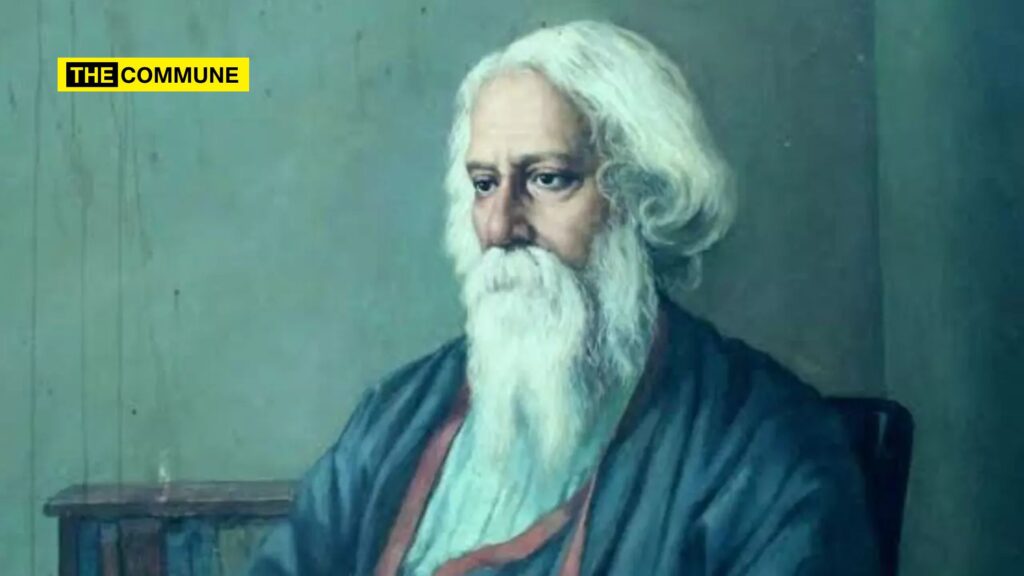Rabindranath Tagore was one of the greatest ever sons of Bharat Mata. Born in Bengal, he was a rare individual with great skill in being a poet, writer, playwright, composer, philosopher, social reformer and painter. He reshaped Bengali literature.
Hailing from a big family and being the youngest of 13 children, he became a barrister in England in 1878. He was the first non-European, the first lyricist to win the Nobel Prize in Literature.in 1913.
From the age of 8, he was a prolific writer. His works include classical novels, stories, songs, dance dramas, essays and he has presented to all of us a matchless treasure trove, which include Gitanjali.
Tagore was a nature lover and he preferred to write his poems and stories enjoying nature by sitting on his family boat (bajra or budgerow), named “Padma”.
In 1901 Tagore moved to Santiniketan to found an ashram and an experimental school, amidst groves of trees, gardens.
In 1912, Tagore translated his 1910 work Gitanjali into English as otherwise we, non Bengalis would have missed a great work of international repute. Tagore was awarded knighthood by King George V in the 1915. He renouced this title in protest against Jallianwalabagh maasaacre after 1919.
Tagore wrote many novels and short stories in both Bengali and English. It is admirable that at sixty, Tagore took up drawing and painting; successful exhibitions of his many work were thrown open for public to enjoy. India’s National Gallery of Modern Art lists 102 works by Tagore in its collections.
His eternal gift to us and has been our national anthem “Jana Gana Mana” to which we stand with closed fists whenever we listen to it play.

